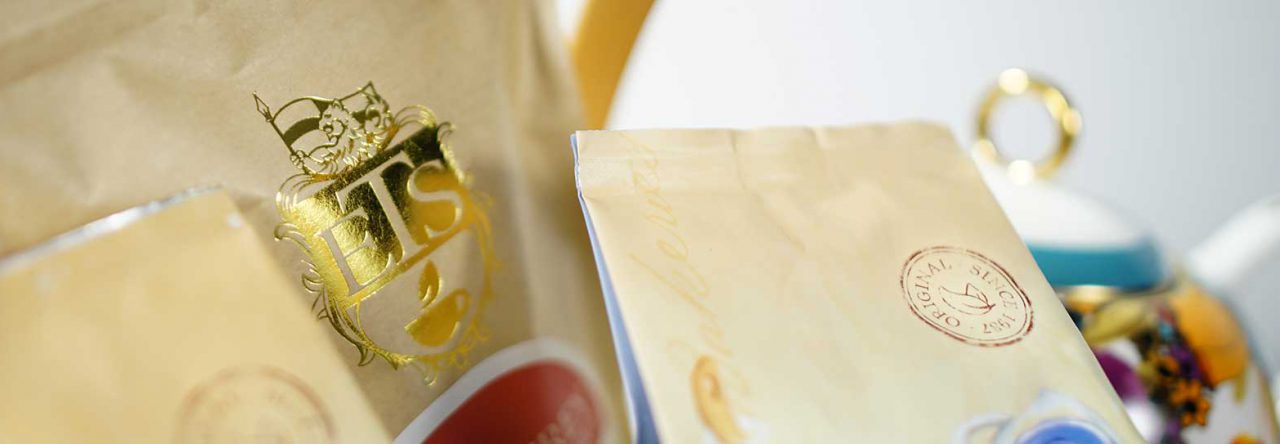Third in our round of that practical approach to reading tea leaves. Before steeping, these leaves tell of the process they endured once plucked from the tea bush (Camellia Sinensis). After steeping, they reveal their true nature more fully. White teas are very special, with the best ones being very limited in amount, since they are only harvested for very short times under special circumstances. (I took a closer look at some white teas in a previous article.)
Here are tales from a few white teas I’ve tried:
Pai Mu Tan (also Bai Mu Dan or White Peony) #1 — These leaves could have just jumped off the bush, their appearance being so leafy, not rolled, twisted, or otherwise shaped into something unleaflike. It tells of minimal handling. After steeping, the leaves reveal their “diversity,” from delicate tip leaves to larger leaves from further down the stems of the bush.
Pai Mu Tan (also Bai Mu Dan or White Peony) #2 — This version tells of a rougher journey with lots of tossing about of those delicate dried leaves. But what they don’t tell is that this was more from their shipment than from their processing. They steeped up even more rich and flavorful than their more intact “cousins” above, revealing the true tale of their journey.
Silver Needle #1 — Even dry, these leaves tell of a gentle journey, where fingers trained to seek out the best and most tender tip leaves find their targets and swiftly “pluck!” them from mother bush. A quick and gentle drying keeps their color and shape with some shrinking. But the steep plumps them back up, brings them back to their bush-like vigor as they release their tea flavors into the water.
Silver Needle #2 — These leaves had a slightly rougher journey to your teacup. See how much darker they are, both before and after steeping. Either the hands that plucked them were not as skilled at seeking out just the right tipmost delicate and downy leaves, or they were not given their due respect after being loosed from their mother bush.
The tales that tea leaves tell! Next time, we’ll see the musings of black teas.
In case you missed ’em:
Reading Tea Leaves — Green Teas
Reading Tea Leaves — Oolong Teas
© Online Stores, Inc., and The English Tea Store Blog, 2009-2014. Unauthorized use and/or duplication of this material without express and written permission from this article’s author and/or the blog’s owner is strictly prohibited. Excerpts and links may be used, provided that full and clear credit is given to Online Stores, Inc., and The English Tea Store Blog with appropriate and specific direction to the original content.







Leave a comment